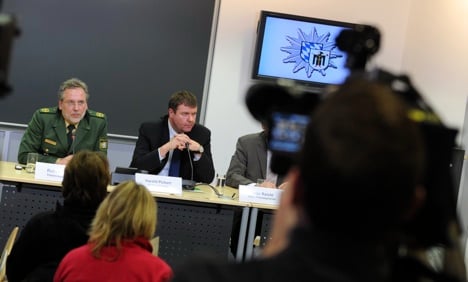A police officer was called to an apartment block in the Großhadern district of Munich at close to 9 pm on Thursday evening. While the background details remain unclear, it appears a woman there threatened him with a knife.
According to the police report, the officer attempted to defend himself with pepper spray at first, but when the woman was not deterred, he shot her with his service weapon.
“He only fired one shot,” police spokeswoman Claudia Haas said. The woman was taken to hospital, where she died later of her injury.
The police intends to release more details on Friday afternoon. “I cannot answer any detail-related questions until then,” Haas said. The brief police statement said the police had been called because of a “threat situation.”
In Germany, a policeman who fires his weapon while on duty usually faces an obligatory criminal investigation. The officer is forced to surrender his weapon and be tested for gunshot residue.
On average, police fire shots while on duty once every week in Germany. Official statistics say that between 1998 and 2009, the police shot at people in 547 incidents, killing 87 and injuring 309.
The Local/bk



 Please whitelist us to continue reading.
Please whitelist us to continue reading.